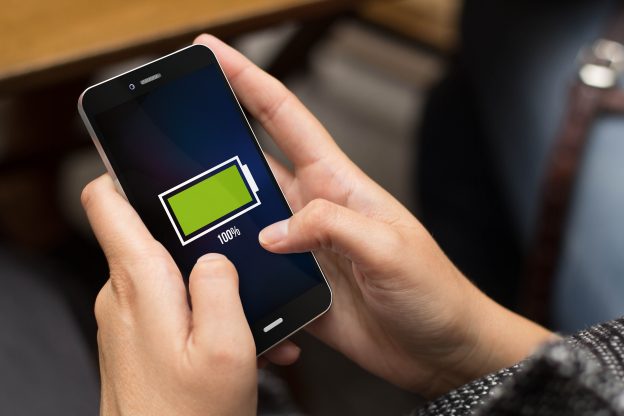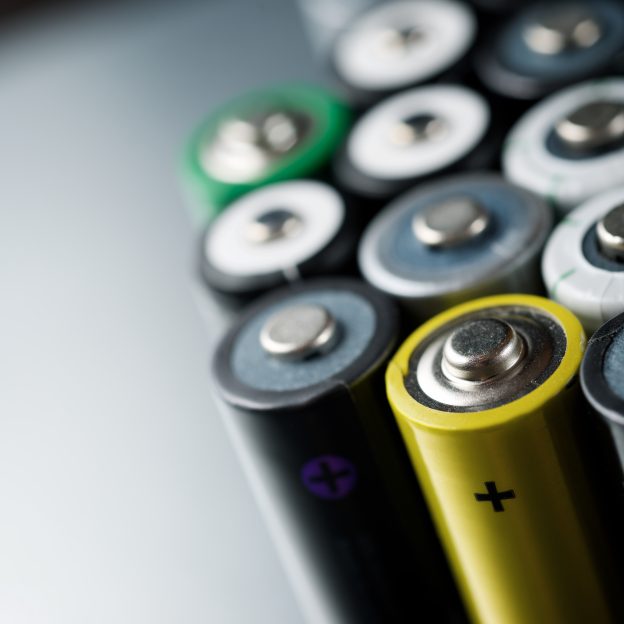The ees AWARD ceremony is the culmination of the first exhibition day at ees Europe, Europe’s largest and most visited exhibition for batteries and energy storage systems. For the fourth time running, the panel of judges presented this prestigious award to the most innovative concepts and solutions from the energy storage industry. To select the winners from among the many submissions, the panel turned to criteria such as the level of innovation and economic viability. This year’s happy winners of the coveted industry award are Solarwatt, LG Chem and Energy Depot Deutschland.
A look at the submissions reveals the most burning topics for the energy storage industry: efficiency, longevity and flexibility. To determine the winners, the panel also applied additional criteria: degree of technological innovation, the benefit for industry, environment and society, and economic viability. Furthermore, the products submitted must have already reached the testing or application phase or else represent an important development of existing solutions.
The winners of the ees AWARD 2017 all work in the area of lithium-ion technology and distinguish themselves through modularity, scalability and smart components. Batteries and energy storage systems are increasingly used to store large amounts of electricity from renewable sources. This, along with the growing demand from domestic and commercial applications, has been boosting growth in this sector. Digitalization and intelligent connections are also expanding the market for batteries and energy storage systems. Standardized interfaces and self-configuring systems make system installation and grid integration easier.
The winners of the ees AWARD are
Solarwatt: Customized energy storage systems
Solarwatt Matrix is a concept that employs two intelligent, standardized, interconnected building blocks that create tailor-made energy storage systems. This highly modular system is suitable for a diverse range of applications and allows for expansion to the MW and MWh range, from private homes to large commercial installations. The MATRIX Command control unit makes many combinations and variations possible and has a number of interfaces which ensure optimal energy supply and grid connection. The MATRIX Command can even be integrated into a virtual power plant via an open software interface. The lithium-ion battery unit Matrix Pack can store energy from any kind of source, and is compatible with almost all inverters. Transport and assembly are easy thanks to its low weight and compact design. The panel of judges applauds Solarwatt’s commitment to innovative battery integration in the PV string.
LG Chem: A compact battery module with stamina
LG Chem, a South Korean chemical company, has developed a separate, multi-purpose energy storage solution with high energy density: the stand-alone battery module (SBM). The highly efficient cells are suitable for a variety of applications and off-grid supply solutions – from use as a reliable battery for systems integrators to module monitoring. This versatility is thanks to a charging strategy which ensures the ideal charge transfer between battery modules. The system is durable and easily maintained, retaining 80 percent of its initial capacity after ten years. The design is compact, space-saving and fits into a standard 19-inch rack. The panel was impressed by the easy system connection and integration of up to ten battery modules.
Energy Depot Deutschland GmbH: The combined solution for storage, conversion, distribution and control
Energy Depot Deutschland’s CENTURIO Energy Storage System is a combination of hybrid inverter and lithium-ion battery modules for the storage, conversion, distribution and control of photovoltaic energy. The DC-coupled system comprises the Centurio 10 hybrid inverter, DOMUS 4.1 batteries and the Vectis 30 smart power switch and meter. The modular and scalable system has been devised for a balanced infeed into all three phases (phase symmetry) and is highly efficient from a partial-load of 20 percent below of the nominal load on. The yield from the photovoltaic installation can be used immediately or stored in batteries until needed with very little loss. The panel was impressed with its innovative design approach to creating an inverter specialized in energy storage systems.
 |







